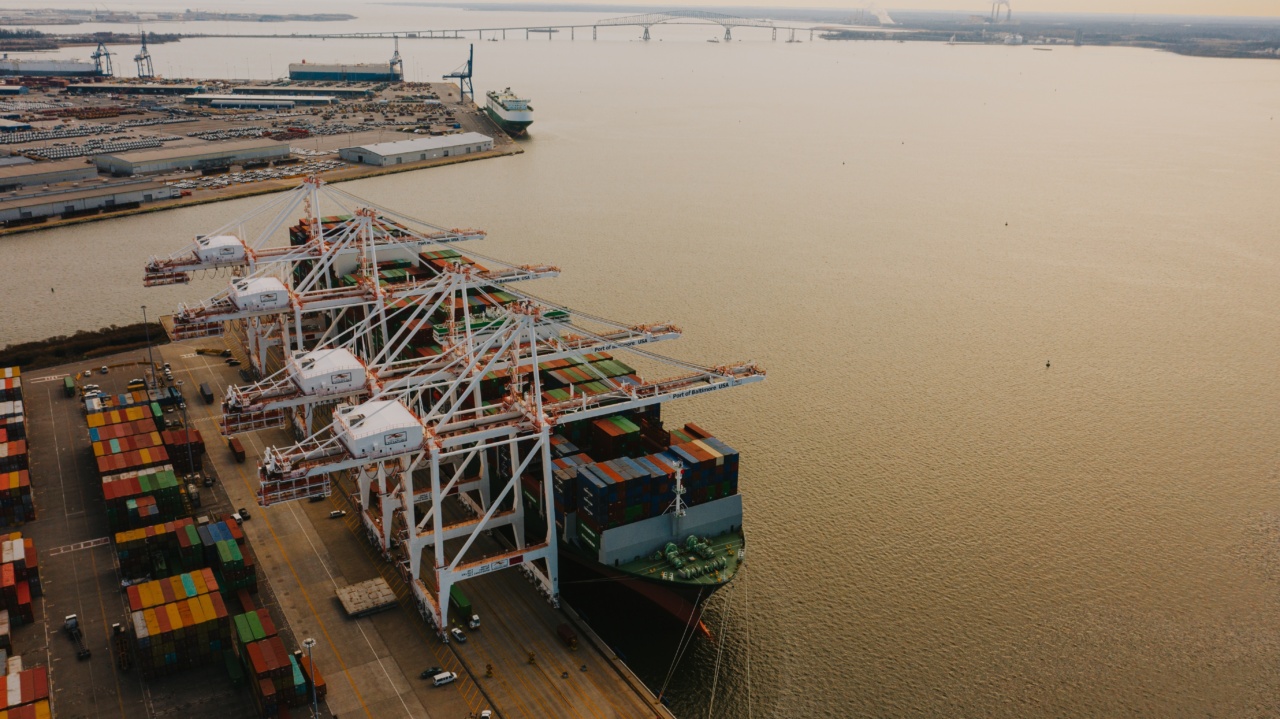Pregnancy is a critical time for both the mother and the baby. During this time, it’s important to get enough nutrients for the healthy development of the fetus.
Iron is one such nutrient that plays a crucial role not only in maternal health, but also in the growth and development of the baby.
Why is Iron Important During Pregnancy?
Iron is necessary for the formation of hemoglobin, which is a protein found in red blood cells that carries oxygen from the lungs to other parts of the body.
During pregnancy, the body requires more iron to meet the increased demand for red blood cells that are necessary to support the growing fetus. Iron also plays a crucial role in the development of the baby’s brain, blood vessels, and cells.
How Much Iron is Needed During Pregnancy?
The amount of iron needed during pregnancy is higher than that needed by women who are not pregnant. The daily recommended intake of iron during pregnancy is 27 mg, compared to 18 mg for non-pregnant women.
This increased need for iron can be met through diet or supplements.
Sources of Iron During Pregnancy
Iron can be obtained through a variety of foods such as:.
- Red meat
- Poultry
- Fish
- Beans and lentils
- Nuts and seeds
- Iron-fortified cereals and breads
- Leafy green vegetables
It’s important to include a variety of iron-rich foods in your diet to ensure you are getting enough of this important nutrient. Eating vitamin-C rich foods, such as citrus fruits, can also help the body absorb iron more efficiently.
Iron Supplements During Pregnancy
If you are unable to get enough iron through your diet alone, your healthcare provider may recommend an iron supplement. Iron supplements are available in different forms, such as ferrous sulfate, ferrous fumarate, and ferrous gluconate.
Your provider will recommend the type and dose of iron supplement that is right for you.
Risks of Iron Deficiency During Pregnancy
If you don’t get enough iron during pregnancy, you could be at risk for iron deficiency anemia. Iron deficiency anemia can cause fatigue, weakness, shortness of breath, and other symptoms that can affect your ability to carry out daily activities.
Iron deficiency anemia during pregnancy can also increase the risk of preterm delivery and low birth weight.
Iron Overload During Pregnancy
While it’s important to get enough iron during pregnancy, it’s also important not to have too much.
Iron overload can lead to a condition called hemochromatosis, which is a genetic disorder that causes the body to absorb too much iron from food. This can lead to damage to the liver and other organs.
The Importance of Iron in Postpartum Recovery
Iron is also important in postpartum recovery. During pregnancy, the body stores iron in preparation for breastfeeding. Once you have given birth, your body will use this stored iron to make breast milk.
If you give birth via c-section, you may lose more blood than during a vaginal delivery, which can increase your risk of iron deficiency anemia.
Conclusion
Iron is a critical nutrient during pregnancy. It is necessary for the healthy development of the fetus and the mother.
Pregnant women should aim to get enough iron through their diet or supplements and be aware of the risks of iron deficiency anemia as well as iron overload. By taking the necessary steps to get enough iron, women can help ensure a healthy pregnancy and postpartum recovery.































